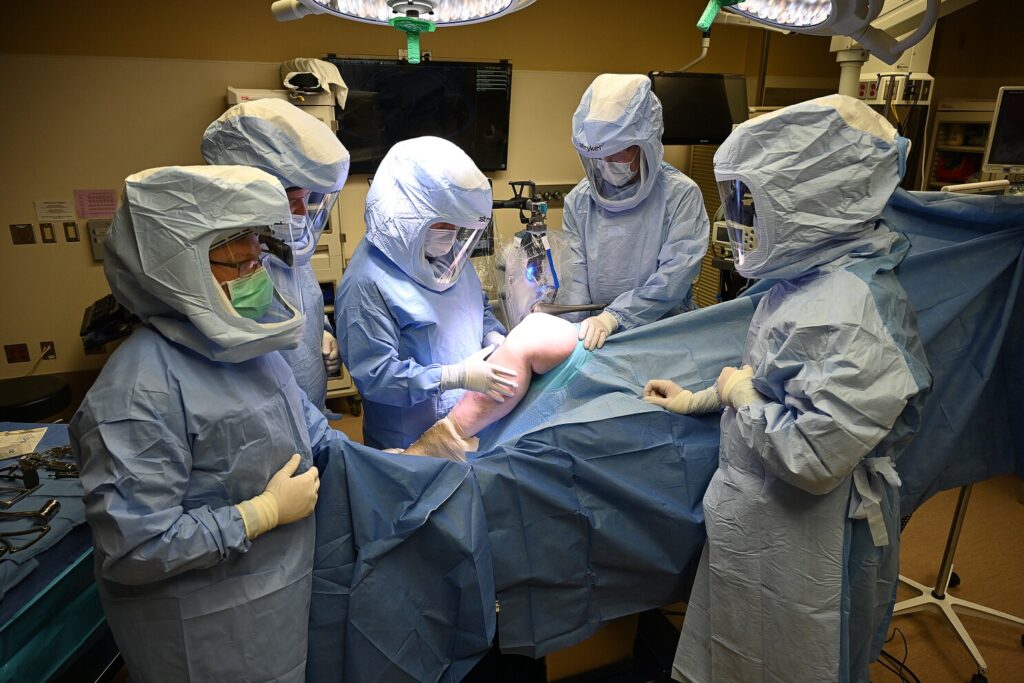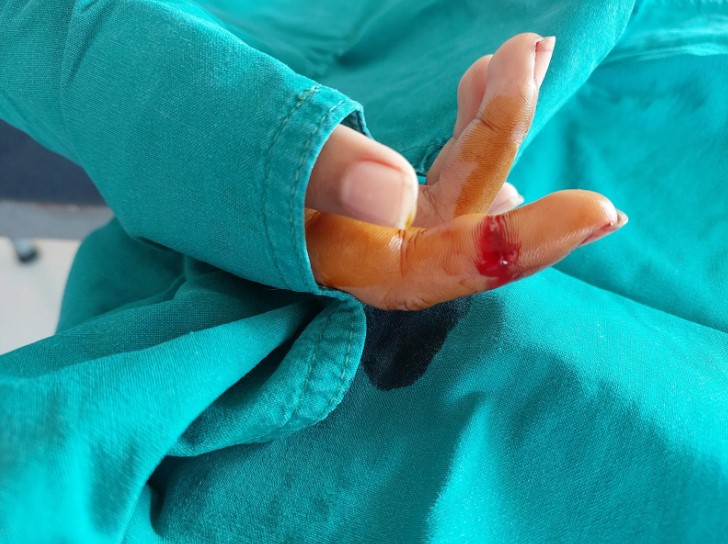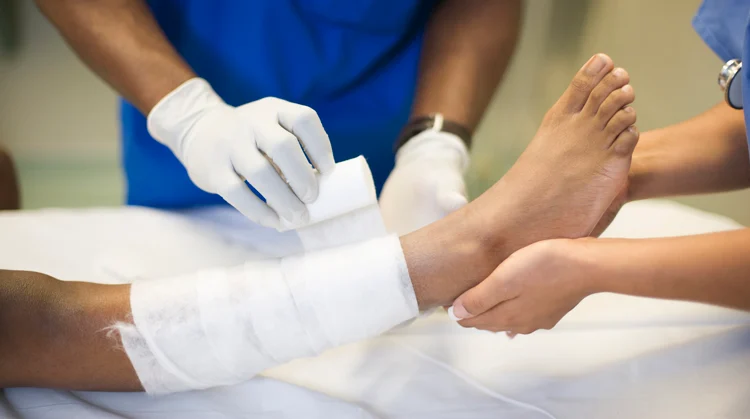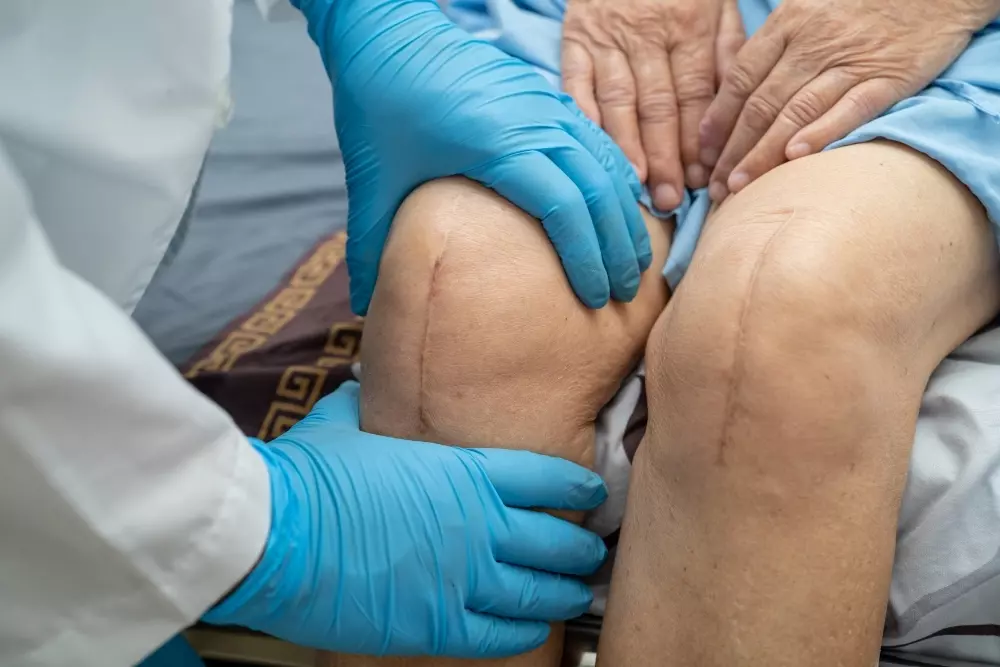Knee surgery is a common medical procedure aimed at addressing various issues affecting the knee joint. Whether due to injury, degenerative conditions, or other factors, knee surgery can significantly improve mobility and quality of life for individuals experiencing discomfort or limited function in their knees.
Types of Knee Surgery:
There are several types of knee surgery, each tailored to address specific issues. One common procedure is arthroscopic knee surgery, which involves making small incisions and using a tiny camera to visualize and treat problems within the knee joint, such as torn cartilage or damaged ligaments. Another type is knee replacement surgery, where damaged or diseased parts of the knee joint are replaced with artificial components, typically made of metal and plastic. Additionally, procedures like ACL reconstruction focus on repairing torn ligaments to restore stability and function to the knee.
Preparation for Knee Surgery:
Before undergoing knee surgery, patients typically undergo a thorough evaluation by their healthcare provider to assess their overall health and determine the most appropriate course of action. This may involve diagnostic tests such as X-rays, MRI scans, or blood tests to evaluate the extent of the knee injury or condition. Patients may also be advised to make lifestyle modifications, such as losing weight or quitting smoking, to optimize their surgical outcomes and reduce the risk of complications.
The Knee Surgery Procedure:
During knee surgery, patients are typically placed under anesthesia to ensure they are comfortable and pain-free throughout the procedure. Depending on the type of surgery being performed, the surgeon will make one or more incisions to access the knee joint. In arthroscopic surgery, specialized instruments are used to repair or remove damaged tissue, while in knee replacement surgery, the surgeon will remove the damaged parts of the knee and replace them with artificial components. Throughout the procedure, the surgical team monitors the patient’s vital signs and adjusts their approach as needed to ensure a successful outcome.
Recovery and Rehabilitation:
After knee surgery, patients will need time to recover and rehabilitate their knee joint to regain strength, flexibility, and function. This often involves a combination of pain management, physical therapy, and lifestyle adjustments to support healing and prevent complications. Patients may be given exercises to perform at home or attend supervised therapy sessions to gradually increase their range of motion and rebuild muscle strength. Depending on the type of surgery performed, full recovery may take several weeks to months, during which patients are encouraged to follow their healthcare provider’s instructions closely to optimize their outcomes.
Expectations and Considerations:
While knee surgery can provide significant relief and improve quality of life for many patients, it’s essential to have realistic expectations about the outcomes and potential risks involved. While most knee surgeries are successful, there is always a risk of complications such as infection, blood clots, or adverse reactions to anesthesia. Additionally, factors such as age, overall health, and the extent of the knee injury or condition can influence the outcome of surgery and the speed of recovery. By working closely with their healthcare team and following their recommendations, patients can maximize the benefits of knee surgery while minimizing the risks.
Takeaway
Knee surgery is a valuable treatment option for individuals experiencing pain, instability, or limited function in their knees due to injury or degenerative conditions. By understanding the types of knee surgery available, preparing appropriately, and actively participating in their recovery and rehabilitation, patients can achieve improved mobility and quality of life. However, it’s essential to approach knee surgery with realistic expectations and a commitment to following post-operative care guidelines to ensure the best possible outcome.











